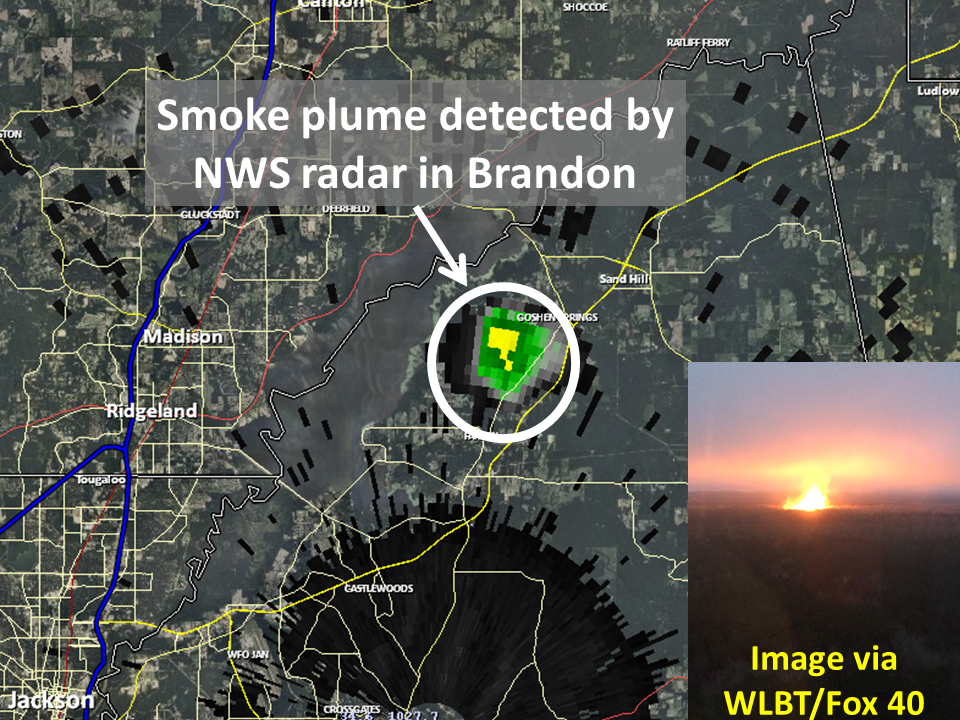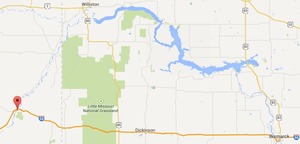Tired of reporting on explosions unprevented by the
Pipeline and Hazardous Materials Safety Administration, the National Transportation Safety Board (NTSB).
 just issued a damning set of recommendations
to PHMSA, plus to an alphabet soup of other organizations to ride herd
on PHMSA to try to get some improvement.
How about instead we stop building new pipelines and get on with solar power?
just issued a damning set of recommendations
to PHMSA, plus to an alphabet soup of other organizations to ride herd
on PHMSA to try to get some improvement.
How about instead we stop building new pipelines and get on with solar power?
NTSB said its motivation was three recent explosions it reported: the 2009 Palm City, Florida flying pipeline that almost hit a high school, the 2010 San Bruno, California PG&E Pipeline Rupture and Fire, and the 2012 Sissonville, West Virginia I-75 house destruction, about which NTSB said:
These three accidents resulted in 8 fatalities, over 50 injuries, and 41 homes destroyed with many more damaged.
And NTSB reporting on PHMSA’s failures goes back way farther than that, Continue reading NTSB tells PHMSA to fix its horrible pipeline safety methods









